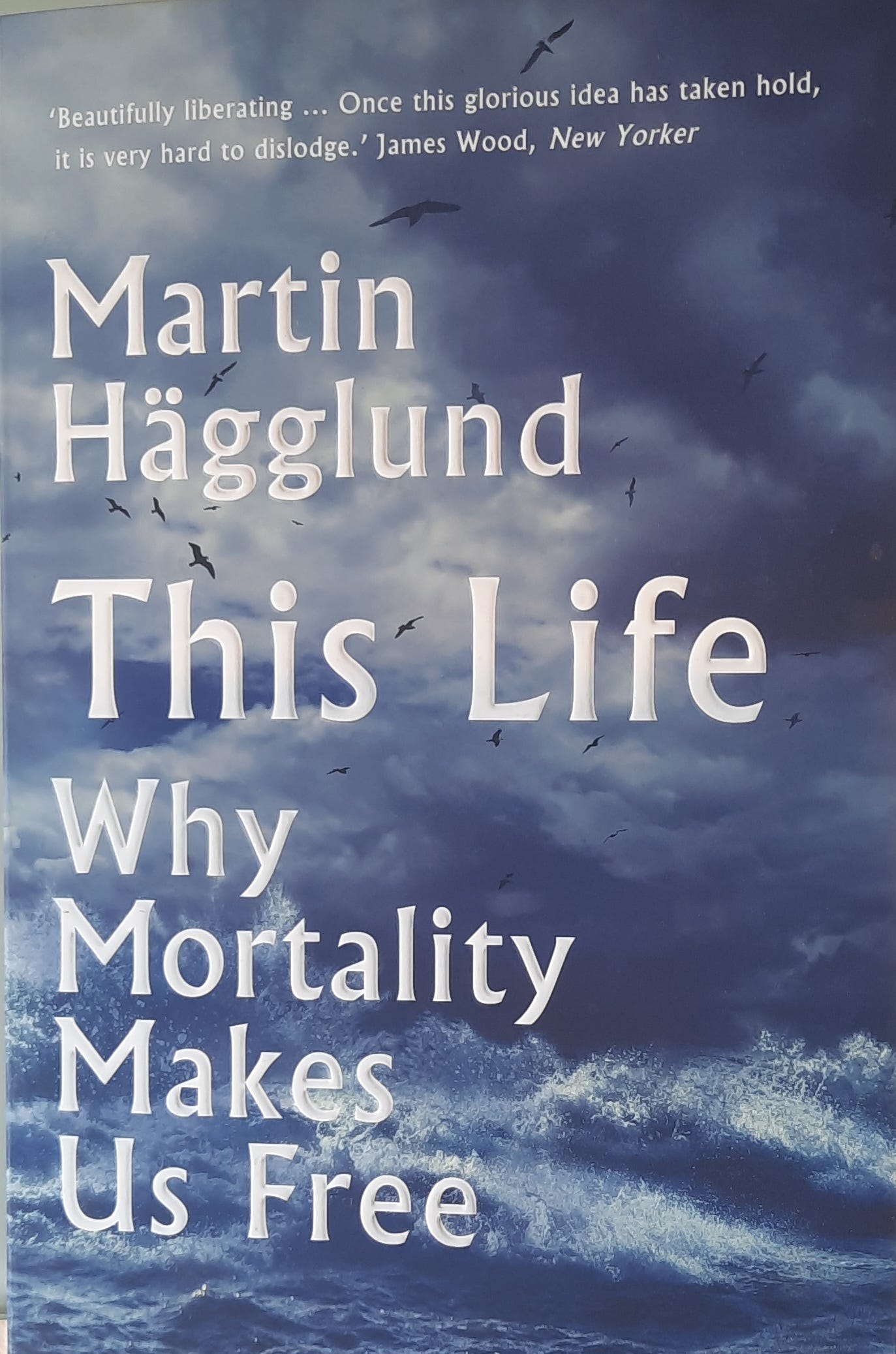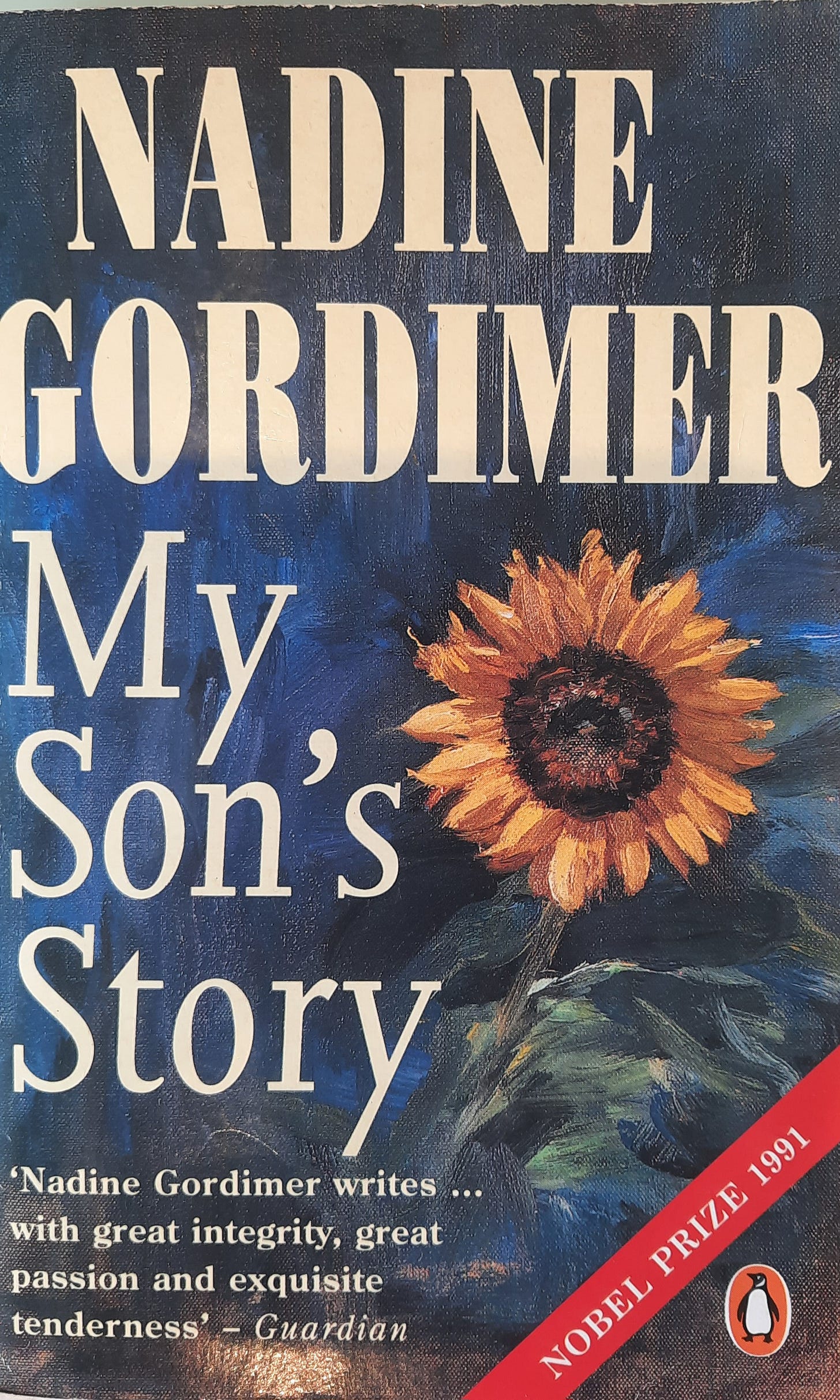What I read in May...
This Life, Why Mortality Makes Us Free is one of the most thought-provoking books I have ever read. Swedish philosopher Martin Hägglund writes about politics, the economy, capitalism, religion and the meaning of life, all through a consideration of time. He argues that it is only through accepting the finite nature of human existence that we come to see our life, and the lives of others, as inherently valuable. It is because our time is limited, that the freedom to decide for ourselves how best to spend it is so vitally important. Hägglund is not suggesting hedonism but a deep sense of responsibility to other people and commitment to the values and causes that drive us. Such a commitment is difficult, he notes, in an economic system that values profit rather than time.
Many of these themes were echoed in My Son’s Story by Nadine Gordimer. This compelling book tells the story of a black family in South Africa during the apartheid era. It explores the conflict between loyalty to family and commitment to a cause. We see the world through the eyes of a teenage boy as he grapples with truth, betrayal, love, freedom and responsibility. As these concepts play out within his own family, they stop being abstract propositions and become a reality he is forced to confront.
This month I also read Lousie Perry’s The Case Against The Sexual Revolution and Mary Harrington’s Feminism Against Progress. I discuss them both in a Spiked long read essay which will be coming out in the next few days.
Finally this month, you might be interested to watch my discussion with Rupa Subramanya on Where is Woke Ideology Going?.



